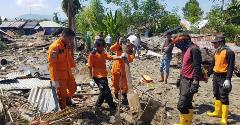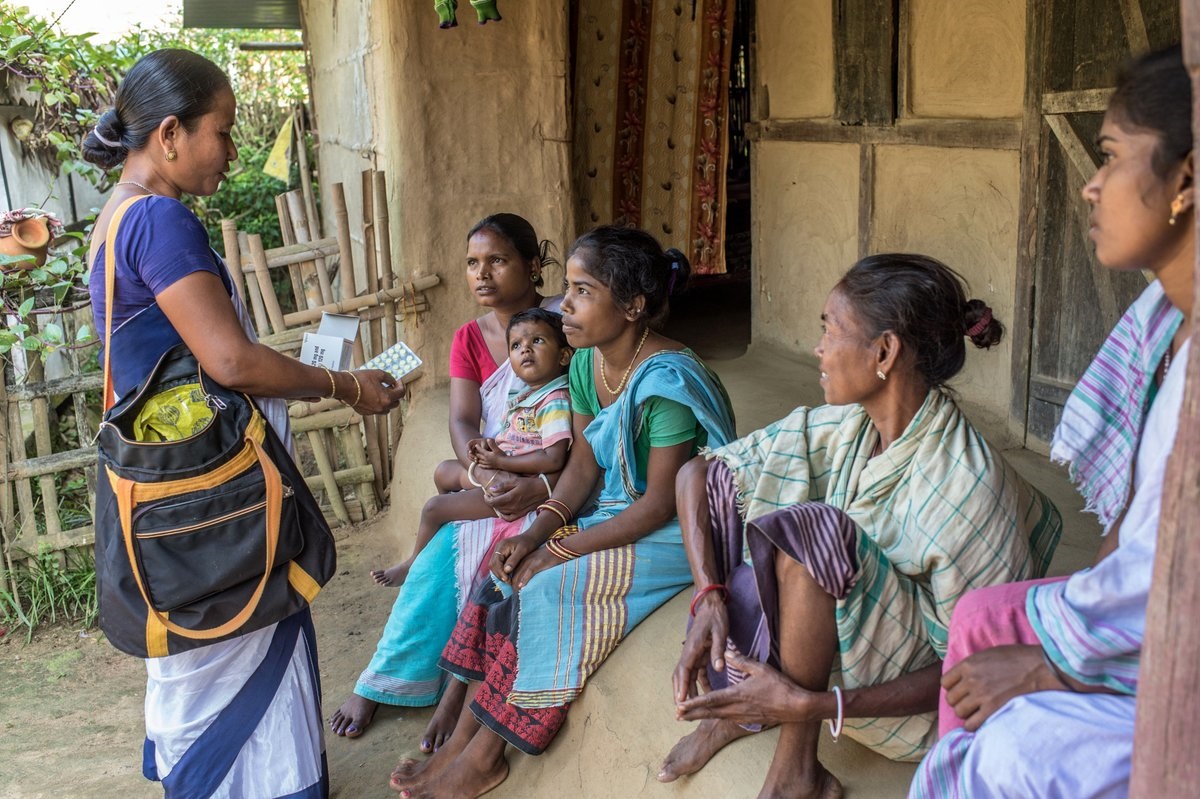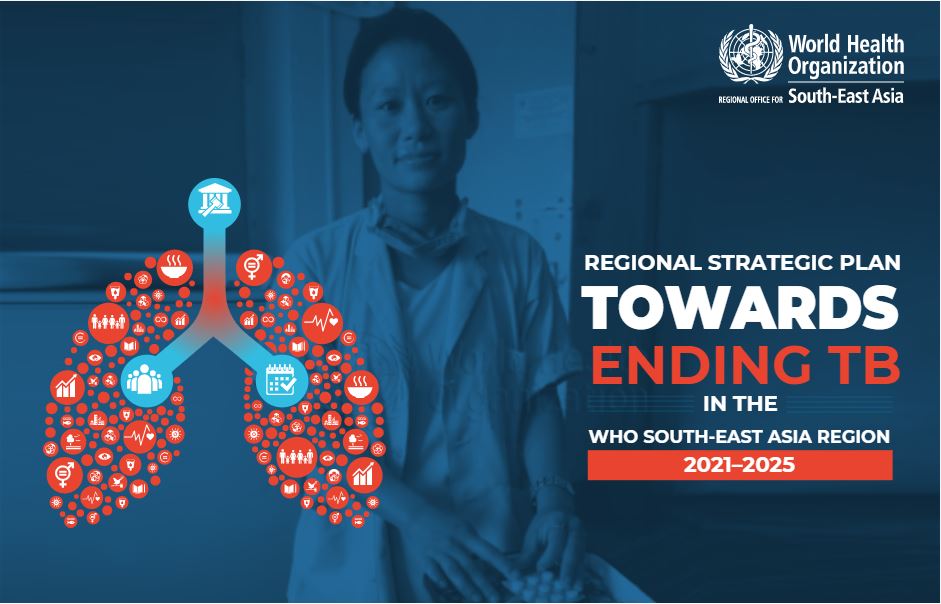
Tuberculosis in South-East Asia Region
The WHO South-East Asia (SEA) Region, home to 26% of the world’s population with 43% burden of TB incidence (WHO Global TB Report 2021). It is estimated that in 2020, nearly 4.3 million people fell ill with TB and estimated 700 000 died (excluding HIV+TB mortality) because of the disease which is more than half of global TB deaths estimated at 1.3 million for the year. TB deaths showed an upward trend in more than a decade and are now very close to the levels seen in 2015. Treatment success for new and relapse TB cases was 85% (2019 cohort).
While WHO did not publish Rifampicin-resistant (RR) and multi-drug-resistant TB (MDR-TB) burden estimates in its 2021 Global TB Report, it is stated in the report that RR-/MDR-TB burden levels were at similar levels as previous year. Therefore, it is assumed that the number of such cases were around 170 000 for 2021 as well, accounting for nearly 37% of global incidence. Of these, 64 970 were detected in 2020 (decline from 86 623 in 2019) and only 58 181 were enrolled on treatment (declining from 70 120) in the same year.
Six of global high TB burden countries are in the SEA Region: Bangladesh, Democratic People’s Republic of Korea, India, Indonesia, Myanmar and Thailand while for RR-/MDR-TB burden, Nepal replaces Thailand in the high-burden list for the Region.
Technical links









